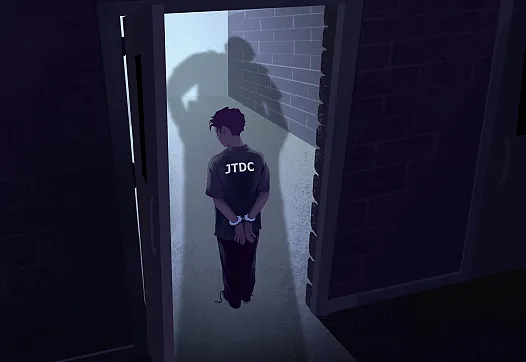
Kevin Walker is charged with aggravated battery and official misconduct for allegedly throwing a handcuffed 15-year-old boy to the floor in December 2023, causing a head injury.

Kevin Walker is charged with aggravated battery and official misconduct for allegedly throwing a handcuffed 15-year-old boy to the floor in December 2023, causing a head injury.
An Ohio Dispatch investigation exposed widespread radon risks after testing homes, finding nearly 80% above EPA limits, driven by years of reporting, grants, and community-based testing.
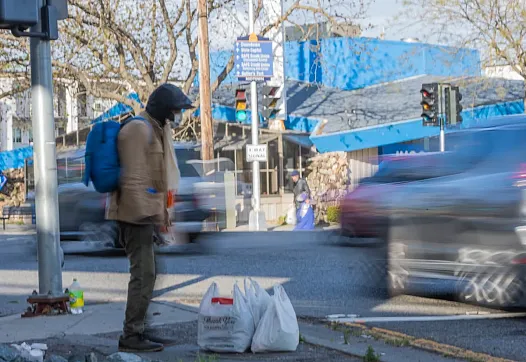
A photographer reflects on documenting homelessness in Sacramento, navigating trust and community collaboration to highlight Black residents’ housing struggles.
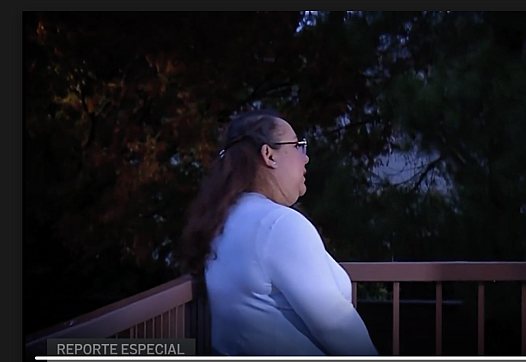
Undocumented domestic violence survivors face abuse and deportation fears. Advocates say reporting can protect lives and open legal pathways, despite long visa backlogs and rising immigration anxiety.
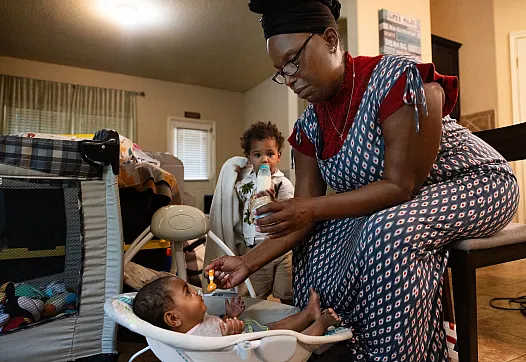
Child welfare leaders declare victory when “kinship families” step up: Fewer children go into costly foster care and more kids stay with people they love. In truth, relatives say, child welfare agencies hand them the bill – and blame them when they can’t afford it.

Physicians receive lower payments for taking care of Black and Hispanic patients than white patients, according to a new study. Dr. Aaron Schwartz, the study’s lead, explains what may be driving the disparity.
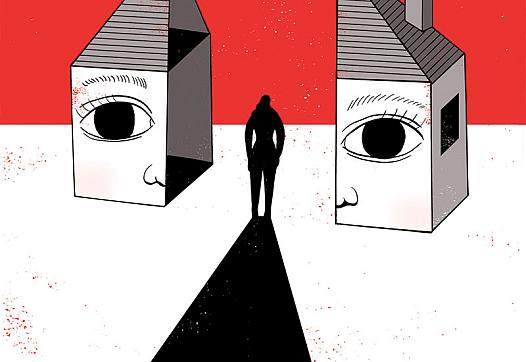
All too often, when parents can’t afford safe housing, the solution child welfare services offer is putting their children in foster care.
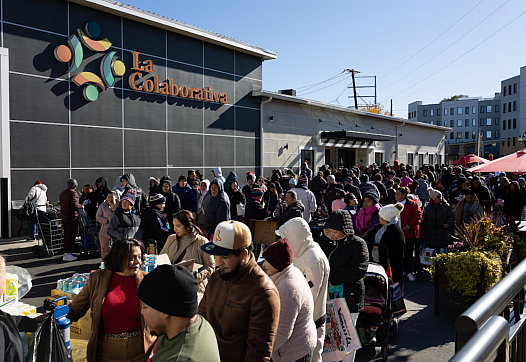
Even before the SNAP freeze, Massachusetts families were already going hungry
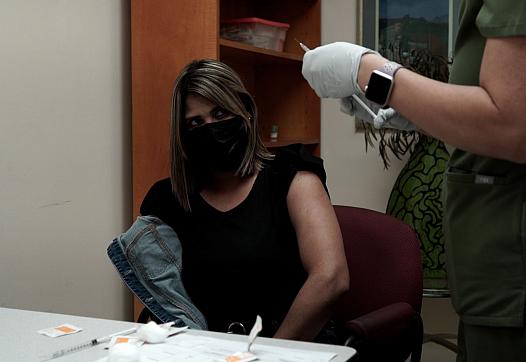
Farmacéuticas reclutan activamente hispanos en ensayos clínicos para cumplir diversidad; participantes vulnerables priorizan pagos sobre riesgos, revelando necesidad de mejor regulación e informado consentimiento.
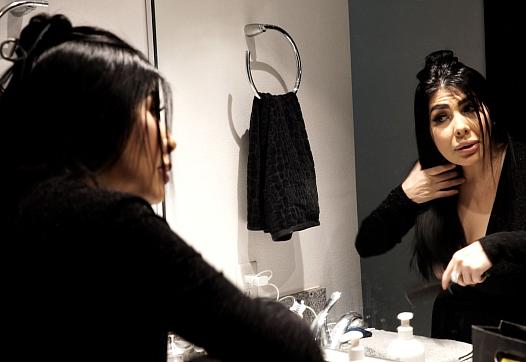
Ensayos clínicos en EE.UU. carecen de registro nacional obligatorio para rastrear participantes, permitiendo que voluntarios "profesionales" ganen $80k+ anuales en múltiples estudios sin supervisión sanitaria.